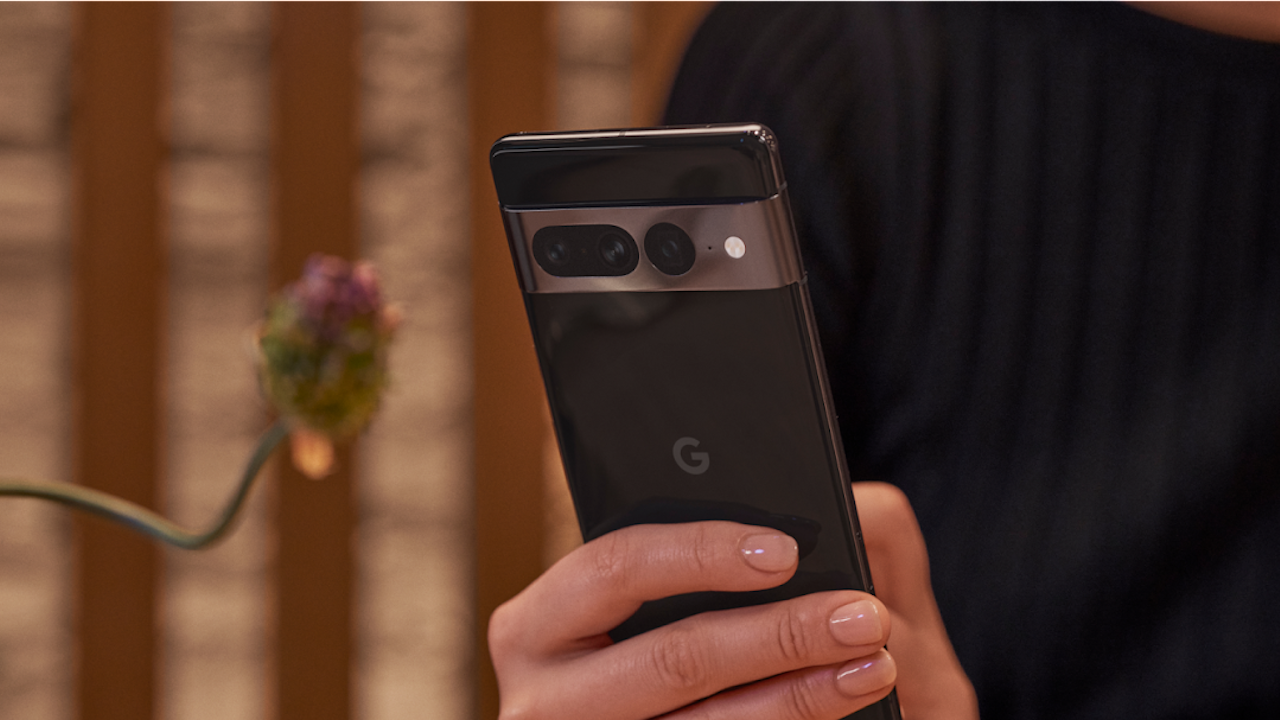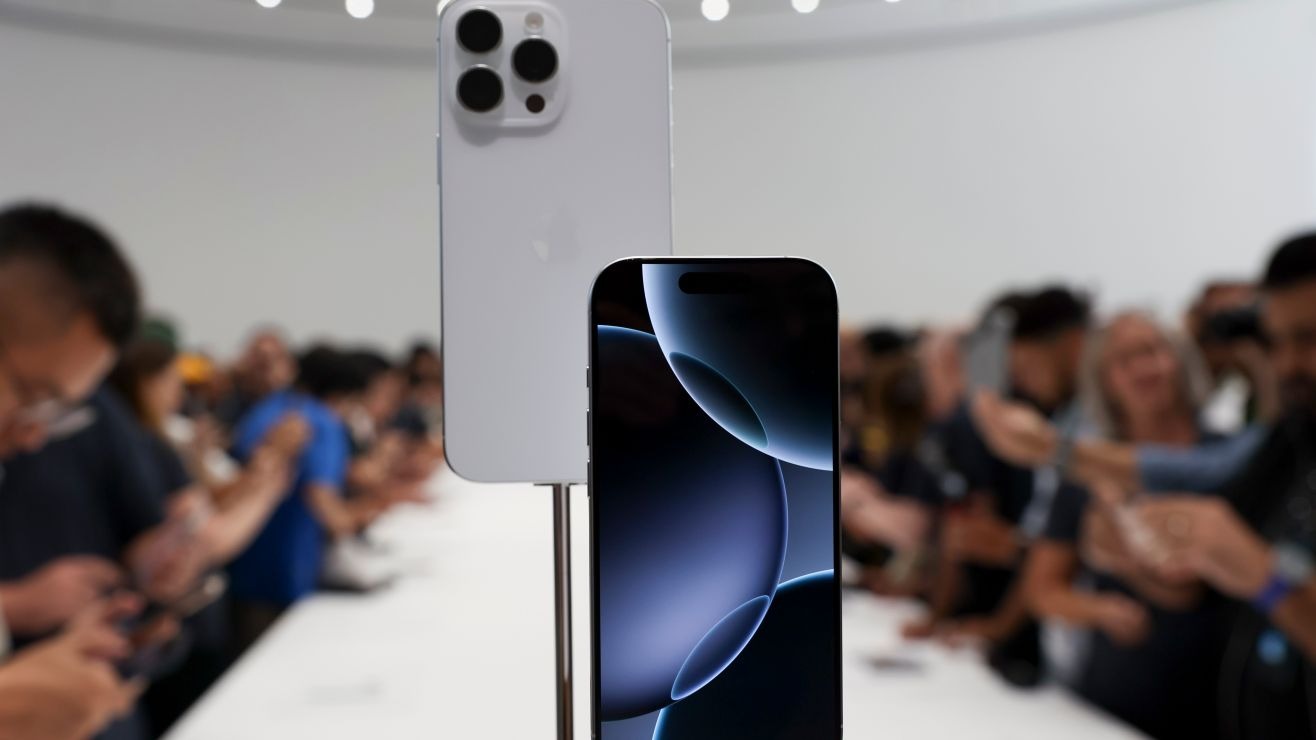Google has recently introduced a new measure that, this time, is only available for the company’s Pixels, as it is based on its security chip. Titan. And it’s focused on improving user privacy, christened with the (not confusing) name ‘‘Binary Transparency for Pixel Phones’.
The purpose of this function is to provide users with verifiable assurances that their devices have not been compromised by any attack, i.e., no one has entered their terminal without their knowledge, however this is not very easy.
How does pixel binary transparency work?
The Pixel phones They already use it Android Verified Boot, ensures that all executed code comes from the original equipment manufacturer (OEM) and provides protection against possible attacks or manipulation of this code. However, supply chain attacks targeting systems that develop backdoor software remain a growing concern. To counter this, Google audits the factory images on Pixel phones, checks for backdoors that attackers could use, and then verifies that a verified boot device is running. Audit code officially issued by the company.
An introduction to Pixel binary transparency and improves security, Because not only the company but also the users who have a home phone allows them to personally confirm that the image running on their device is the official factory image and has not been tampered with by anyone. by the operator. This means that attackers have not tampered with the source code, the build process, or the release aspects of the supply chain. Software. This ensures that the experience you’re going to get from the start using Android is clean, efficient, and powered by Google itself.
Using a public cryptographic registry, Google Phone owners They can mathematically prove that your devices are running on real factory images without any damage. Google provides detailed instructions on how to carry out this verification process on its website, and it is true that it is not available to all types of users, since it runs combination and consistency tests for extracting metadata from the phone and comparing it with the registry. . However, if you want to give it a try, here are the instructions.
Google’s blog post explains what a Merkle tree is, a technology that ensures a record is cryptographically secure and can never be altered or deleted. If the image is corrupted, it will not match the metadata stored in the registry. Makes it harder for attackers to insert malicious code undetecteds.
In the future, Google plans to expand this tool Binary pixel transparency (Of course, it sounds better in English than in Spanish) By adding additional security checks for other code executed on the device beyond the factory image Analyze the application codeWe install on signature devices.
Hence, it is important to keep your mobile phone updated as Google plans to keep bringing improvements in terms of security. Also, would you like to check out this new internet security tool on your Pixel?





:quality(85)/cloudfront-us-east-1.images.arcpublishing.com/infobae/KTKFKR763RBZ5BDQZJ36S5QUHM.jpg)